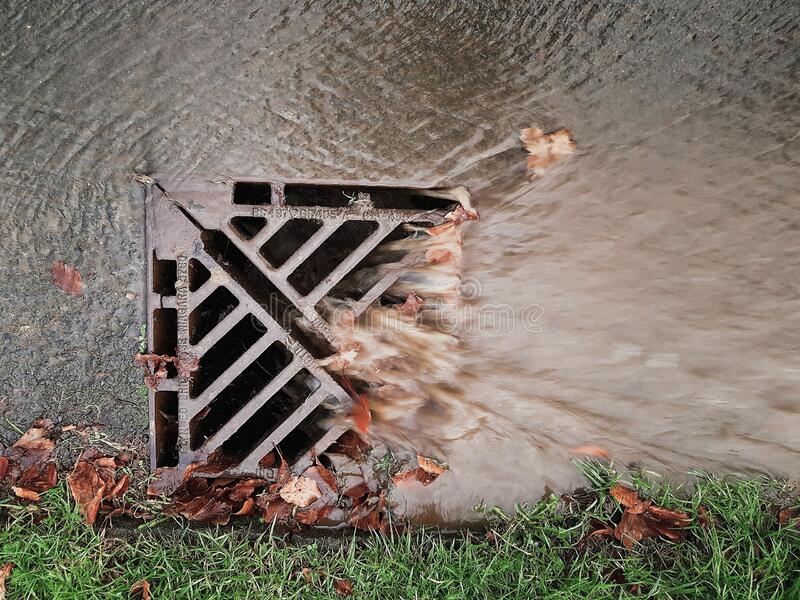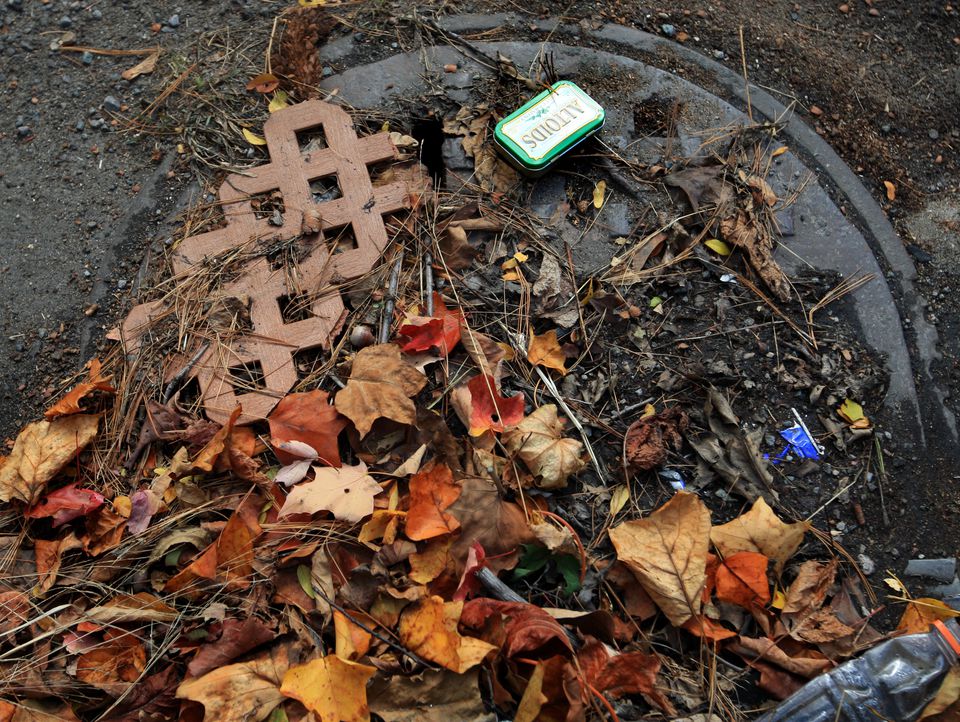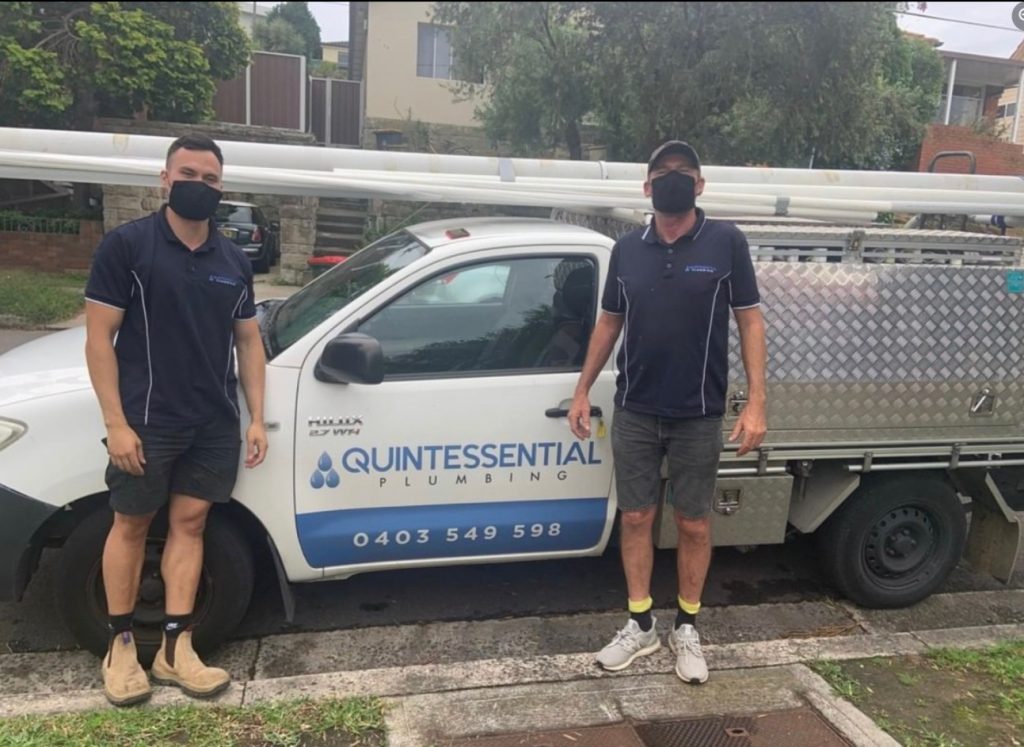01 Apr. 22
How to unblock a Storm water drain?

Rainwater, as well as snow and ice melt, is referred to as stormwater. Stormwater is surface water that has accumulated in unusually large amounts as a result of rain or snowfall.
Stormwater runoff is a big issue that many people encounter all around the world. Rain is usually soaked by grasses in places that have yet to be established, such as locations with a lot of grasses. Storm-water runoff is a problem in locations where there are mostly constructed buildings, such as pavements covered with water-resistant materials like asphalt, concrete, brick, stone, and rooftops.
If your drain is clogged, you will see water accumulating in your garden on a regular basis. If it hasn’t rained in a while and you know your drain is blocked, you should fix it before the rain arrives. If it starts to rain and your drain is plugged, it might be disastrous.
It is impossible to overstate the harmful effects of stormwater runoff on our homes and the environment. It has made a lot of people homeless and put a lot of businesses out of business. Flooding is one of the negative effects of stormwater runoff, which causes significant damage to both public and private property.
Stormwater runoff also causes enlarged stream courses, which can result in the loss of valuable properties. Stormwater runoff is a danger to our public health and safety since it contaminates our drinking water and can lead to drowning in the event of a flood. Finally, stormwater runoff raises the cost of treating water and wastewater.
This is why it is critical that our drains do not become clogged. When we fail to prevent our drains from becoming clogged, or when we find that they have been clogged, the correct thing to do is to look for ways to unclog them as quickly as possible, because negligence can cause havoc not only in our homes, but also in the surrounding environment.
How to Prevent It?
Whether you have a blocked drain in Inner Sydney, St. George, or another region of Sydney, we will show you how to effortlessly clear your drain. But, before we go into the details, it’s critical that we inform our readers about the steps they may take to keep their drains from being clogged.
Do not dump anything down storm drains
Many people believe that storm drains are part of the sanitary sewer system that transports the garbage to wastewater treatment plants. Storm drains, on the other hand, connect directly to local streams, rivers, and lakes.
When you need to dispose of rubbish, you should contact the state waste management agency. They are typically willing to assist you with your rubbish disposal. You are securing your household, your surroundings, and the state in which you live in general by doing so.
If you have a pet, clean up after it.
Pet feces can easily find their way into streams or rivers if it is dumped near them. In some American communities, the amount of pet waste, particularly from dogs, is extremely high. If you have a pet, the best thing you can do is always tidy up after them and properly dispose of their excrement.
Do not litter.

Avoiding littering is one of the most effective strategies to prevent drain obstruction. Litter that is not properly disposed of frequently finds its way into drains, where it accumulates and causes drain obstruction. When you come across litter on the street, you should pick it up and properly dispose of it since you are putting responsibility for your environment into your own hands.
Methods for clearing a clogged stormwater drain
- The traditional plunger method involves blowing air through the pipe to dislodge the jam. Cover the overflow with a damp cloth and make sure the drain is sealed before plunging. After that, you can force air through the obstruction.
2. The traditional plunger method involves blowing air through the pipe to dislodge the jam. Cover the overflow with a damp cloth and make sure the drain is sealed before plunging. After that, you can force air through the obstruction.
3. Chemicals can also be used to clear drains. Very strong chemicals have been developed, primarily for the purpose of unblocking sewers. Two substances that have been shown to be highly efficient in unblocking drains are caustic soda and hydrochloric acid. Simply pour the chemical down the affected drain and wait 30 minutes, or as directed by the manufacturer.

Hire a professional: While hiring a professional plumber can be costly, a professional plumber can assist you in resolving your drain problem.


